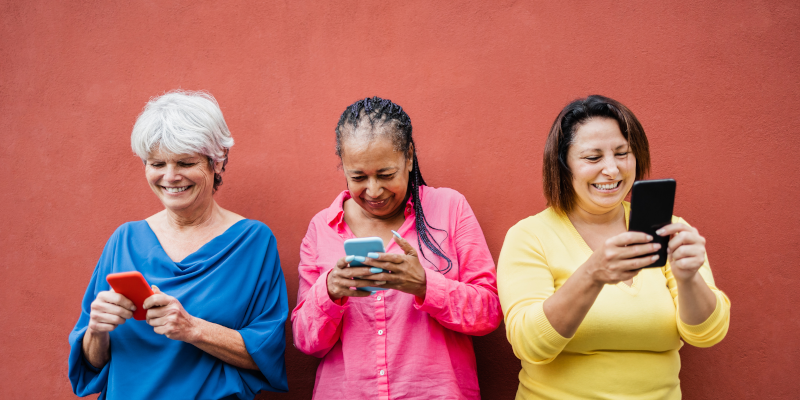A survey undertaken during the COVID-19 pandemic has revealed British public attitudes toward health data sharing is dependent on factors including anonymity, how and what the data will be used for, and whether the receiving body has commercial aspirations.
4,764 people responded to the web survey, which sought to explore people’s willingness to share data in the context of the COVID-19 pandemic.
Almost all participants (98.1%) had at least one chronic health condition including hypertension, type 1 and type 2 diabetes, placing them at higher risk of severe COVID-19.
Authors involved in the study said: “The COVID-19 pandemic increased the availability and use of population and individual health data to optimise tracking and analysis of the spread of the virus.
“Many health care services have had to rapidly digitalise in order to maintain the continuity of care provision.”
“Data collection and dissemination have provided critical support for defending against the spread of the virus since the beginning of the pandemic; however, little is known about public perceptions of and attitudes toward the use, privacy, and security of data,” they concluded.
66% of those surveyed reported feeling comfortable sharing personally identifiable data if it were able to benefit the health of others.
While almost two-thirds would consent to share their personal health data with government or health authority organisations.
However, over a quarter of participants (27.8%) stated that they did not trust any organisation to protect their data, with a further 54% reporting concerns about the potential implications of sharing their personal information.
The findings indicate opinions on health data sharing is highly contextual, with a significant proportion of those surveyed believing their attitudes have changed as a result of the COVID-19 Pandemic.
Other results suggest the degree of willingness to share anonymised health information is contingent on how much trust is placed in the receiving body and the data’s intended use.
The more commercial an institution appears the less the participants are willing to share their personal health information.
Charlotte Summers, lead author of the study said: “COVID-19 expedited the use of data to improve surveillance and monitoring across the world. In some cases, the use of data was unprecedented.
“We are delighted to have conducted a large-scale study of people with diabetes to understand their attitudes and concerns towards data sharing and data use.”
She added: “The researchers would like to thank the members of the Diabetes Community who took part in the survey, their answers will help inform further studies on the use of public health data.”
This study was originally published in JMIR Publications.






